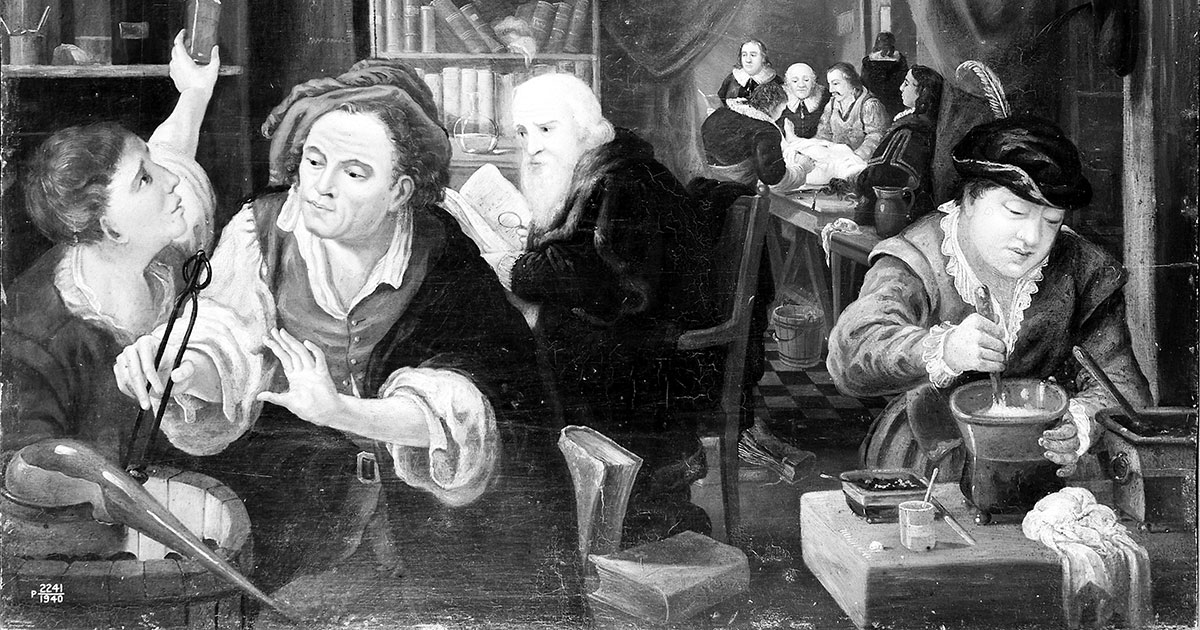One of my recent blogs was about an issue with a client, and I didn’t dwell on the cost aspect of the problem – mainly because we know finance is often a sticky issue for the veterinary profession.
However on recent tangent historical research, I uncovered an amazing story of a medical complaint based on cost that changed the course of medical history. It takes place in 1703, at which time medical care in Britain was provided by many different roles – of course there were physicians and surgeons, but there were also apothecaries.
Nowadays, apothecary may be a word we associate with magic and Harry Potter rather than healthcare, but they were the forerunner of today’s GPs, and this complaint to the Royal College of Physicians boosts their status and confirms their role as more than just potion makers.
The complaint
In 1703, apothecaries, surgeons and physicians would have treated both humans and animals. Access to healthcare was limited by your finances and what was available close to you.
A butcher called John Seale made the complaint after he was treated by apothecary William Rose and charged £50 (roughly £5,000 in today’s money1).

However, in a slightly odd turn, Seale doesn’t complain to the Society of Apothecaries, but instead to the Royal College of Physicians. His issue was that he had been charged for a diagnosis and treatment, whereas, at this time, the only people legally allowed to diagnose were physicians.
The thing is, there weren’t many physicians back in 1703. As such, not many people could afford them, so apothecaries had been working outside their remit and were diagnosing and treating patients. This had been ignored by physicians for some time, but this case offered the opportunity to define the physician’s role as the more important one.
Power struggle
However, what the physicians did not anticipate was that attitudes to healthcare had changed, and that the apothecary’s role in providing healthcare was in a much stronger position than theirs. The House of Lords ruled against the Royal College of Physicians and supported Rose’s defence that accessing medical care from apothecaries was done regularly and was a necessity due to “the poorer families not able to go to the charge of a fee.” 2
The ruling meant apothecaries were now legally allowed to prescribe and dispense medicines. At first this was limited to the London area, following similar geographic limits for the Royal Colleges of Physicians and Surgeons. However the number of apothecaries across the country meant this expanded role was soon commonplace across England.
While none of us enjoy getting complaints, it seems there are times when they can be beneficial in negotiating boundaries between professions. The expanded apothecary role helped in the veterinary world as, under one title, the roles of surgeon, medic and apothecary were combined for animal health.

Leave a Reply